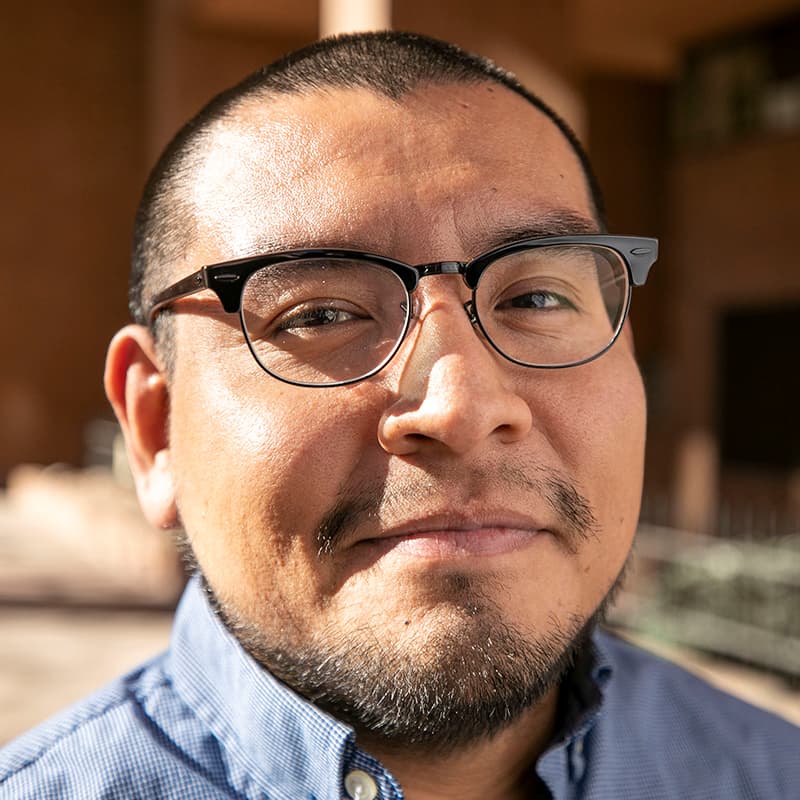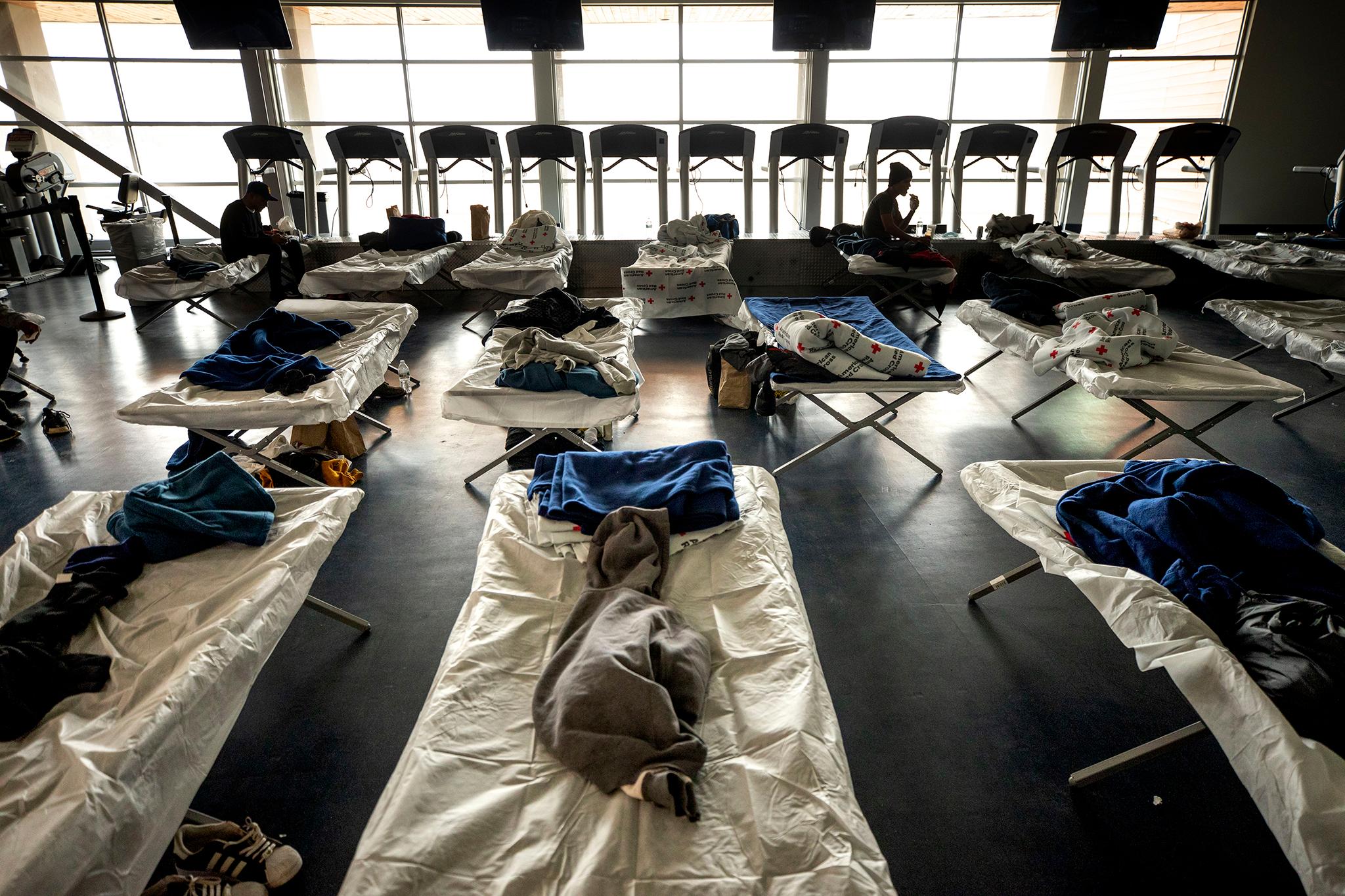To relieve pressure on Denver's makeshift and existing shelter spaces, Colorado plans to transport migrants and asylum seekers who have been arriving in Denver for weeks to other cities in the U.S.
Gov. Jared Polis also extended an offer of administrative leave to the state's 31,000 employees if they volunteer at the city's emergency shelters.
The state has helped organize chartered buses for groups of migrants to reach their destinations starting this week.
Polis said coordinating bus trips is meant to put "the agency and the decision making of the migrant in the forefront." Polis described his policy as "entirely different" from what Republican governors did last year in sending migrants on unannounced trips to cities across the U.S.
The state said it was partnering with two nonprofits to help migrants move to their intended destinations, where some may have friends or family waiting for them. So far, Polis said, many who have arrived and overwhelmed Denver's existing and emergency shelters actually planned to be in Miami, New York and Chicago.
Migrants do not have to prove that they have friends or family in other cities, but Polis said the local emergency managers are coordinating the arrival of larger groups of migrants with other cities.
"We ask. Many of them have family or friends, and that's why they're headed to the areas they're headed," Polis said. "But we don't get into interrogating people. We just honor their agency and their goals."
The state is working with two nonprofits - the immigrant rights group American Friends Services Committee (AFSC) and Papagayo, a nonprofit organization that works with Venezuelan Americans in Denver.
AFSC has been tasked with making sure nonprofits in other cities are aware that chartered buses are arriving, said Jennifer Piper, the group's Interfaith Organizing Director.
Piper said they try to make sure that migrants' needs are met at their destinations, and that they don't arrive with no idea of where to go.
She added that her nonprofit is also making sure migrants understand they are not being forced to leave and that they can stay in Denver if they so choose.
"They've already made the decision," Piper said. "We're just double checking and clarifying any questions they might have."
Many migrants who have been in Denver for several weeks at this point have intended to move on to other cities, Piper said. But weather delays and canceled bus trips have limited their ability to leave. The move by the state should help relieve the strain on Denver's available resources, but Piper said she would have a better idea next week if the strategy is paying off.
As of Thursday, more than 3,700 migrants have arrived and been given aid in Denver. Almost 1,700 are currently sheltered by the city or partner organizations.
In addition to chartering buses, the governor also authorized the state's 31,000 state workers to be eligible for administrative leave if they choose to volunteer at Denver's emergency shelters.
According to an email sent from Polis to state agencies, state workers are eligible for up to 16 hours of administrative leave through Jan. 20. A previous move by the governor last month allowed for workers to volunteer for 16 hours as well.
Some $5 million have been made available by the state government for costs related to the migrant arrivals. Half of that has been allocated to Denver's response, but Polis said any city in the state can apply for the money
Polis said he urged the Biden Administration to offer a more coordinated effort to resettle people arriving and offer them Temporary Protected Status as well as work permits to eligible migrants arriving in the U.S now.
On Thursday. President Joe Biden announced a new immigration plan that would allow up to 30,000 migrants from Cuba, Haiti, Nicaragua and Venezuela to enter the U.S. legally if they meet certain financial requirements. The move will also allow federal immigration authorities to deny asylum applications for people from those four countries if they cross into the U.S. without authorization.
This article has been updated with the most current number of migrant arrivals provided by the city of Denver.














